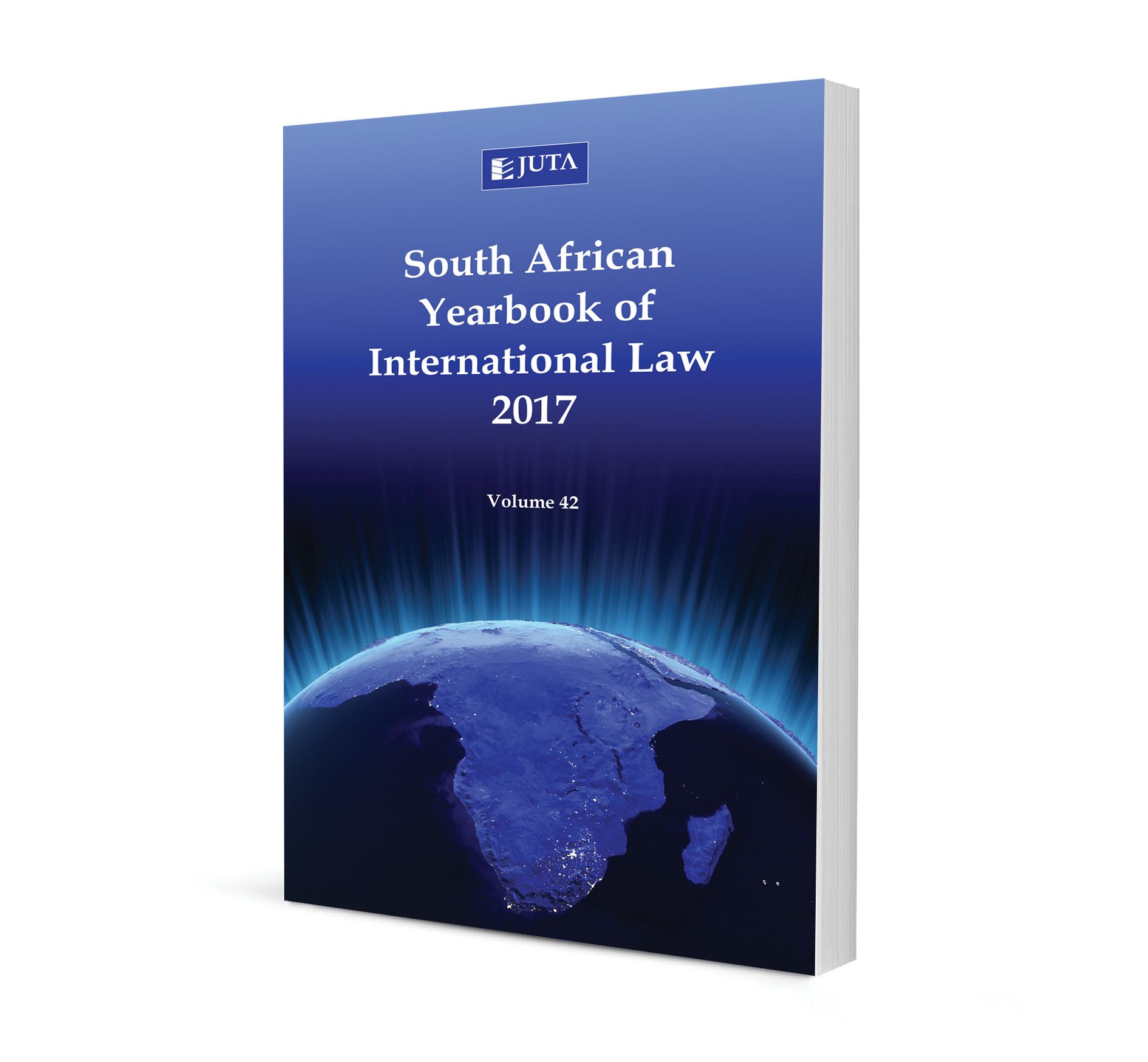
The Unsettled Question of Al-Bashir’s Immunity : a Case Note on the ICC Minority Opinion of Judge Perrin de Brichambaut
Authors Isabeau Steytler
ISSN: 2521-2583
Affiliations: University of Melbourne, Australia
Source: South African Yearbook of International Law, 2018, p. 71 – 99
Abstract
In July 2017, Pre-Trial Chamber II of the International Criminal Court (ICC) delivered two opinions on the alleged non-compliance of South Africa in failing to arrest the Sudanese president, Omar Al-Bashir, while he was within its territory in 2015. The judgments concern the vexed question in international criminal law of whether there is a duty on ICC states parties to arrest a head of state for whom the ICC has issued an arrest warrant, despite the immunity from arrest which heads of state enjoy under customary international law. Both the Majority and the Minority Opinion found that there was a duty on South Africa to arrest Al-Bashir but each relied on different reasoning, or ‘legal avenues’ as they are referred to in this article. The subject of this case note is the Minority Opinion as it uniquely considers each of the most prominent legal avenues relied on by previous courts and in the literature. This note provides an analysis of the Minority Opinion’s reasoning in respect of each avenue, namely the ‘analogy avenue’, ‘Genocide Convention avenue’, ‘waiver avenue’ and ‘customary international law avenue’. It concludes that none of these avenues can be firmly relied upon yet, and that the question is therefore yet to be definitively resolved.